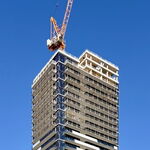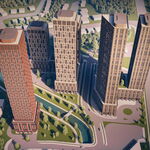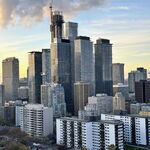B
Bogtrotter
Guest
Just noticed that our fare city is being featured online on CNN today-www.cnn.com/2006/TRAVEL/D...index.html
The usual general description- see Casa loma, CN Tower ..yada. Apparently certain streets are rich with the wafting aroma of garlic. What a pantload of nonsense, but better than no coverage at all i guess.
The usual general description- see Casa loma, CN Tower ..yada. Apparently certain streets are rich with the wafting aroma of garlic. What a pantload of nonsense, but better than no coverage at all i guess.




